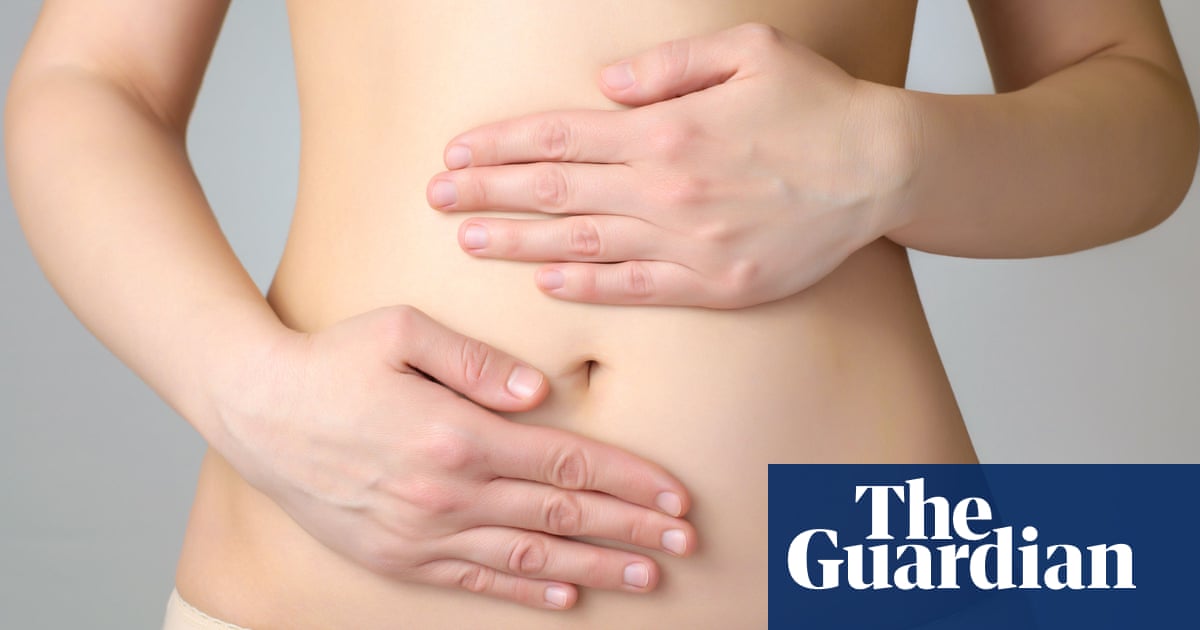
Women will be given a potential new treatment for endometriosis in a groundbreaking clinical trial that doctors hope will pave the way for the first new class of drug for the condition in 40 years.
The trial will involve 100 women in Edinburgh and London and will assess whether the drug, dichloroacetate, helps relieve pain. If successful, it would be the first non-hormonal, non-surgical treatment for endometriosis, which affects roughly one in 10 women of reproductive age.
“We know women with endometriosis desperately want more treatment options and better ways to manage the often-debilitating pain that it causes,” said Dr Lucy Whitaker, a clinical lecturer in obstetrics and gynaecology at the University of Edinburgh, who is leading the research. “Our research so far shows promising results that dichloroacetate can make a huge difference. I hope our new trial will confirm this and give women hope that new treatments and a better quality of life are on the horizon.”
Endometriosis affects 1.5 million women in the UK and occurs when tissue similar to the lining of the womb grows elsewhere in the body. During a woman’s period, these cells bleed, causing inflammation, pain and the formation of scar tissue. A lack of awareness of the condition, compounded by the requirement for a diagnostic laparoscopy, means that women in the UK typically wait eight years for a diagnosis after first experiencing symptoms.
Current treatment options include conventional pain relief, hormonal contraceptives and surgery. However, hormone-based treatments – typically the pill or a contraceptive implant – have side-effects and are not suitable for everyone, including those trying to conceive. Surgery carries risks and is not always effective in the long term, with studies showing that about half of those who have surgery experience a return of symptoms within five years.
Janet Lindsay, the chief executive of Wellbeing of Women, a women’s health charity that is funding the trial with the Scottish government, said that progress in treating endometriosis was “long overdue”.
“It is completely unacceptable that there have been no new treatments for endometriosis in 40 years,” she said. “Too many women and girls are suffering from debilitating symptoms, such as chronic pelvic pain, fatigue and even fertility problems, and current hormonal and surgical treatments aren’t suitable for everyone.”
The latest trial builds on previous research showing that cells from the pelvic wall of women with endometriosis produce higher amounts of lactate, a potentially harmful waste product that is normally produced by muscles and red blood cells when the body is running low on oxygen during exercise. In endometriosis, lab-based experiments suggested the lactate was creating an environment that fuelled the development and growth of endometrial tissue.
When cells were treated with dichloroacetate, in the lab and in mouse experiments, lactate production decreased to normal levels and the size of the endometriosis lesions was reduced. The drug is already licensed as a medicine to treat rare childhood metabolic disorders and various cancers, meaning that it has an established safety profile. In a pilot study, with 30 women, the main side-effects were a slightly upset stomach on starting the medication and a tingling sensation in the fingers.
In the latest trial, which will start recruiting this autumn, half of the women will receive dichloroacetate and half will be given a placebo and they will take the tablets for 12 weeks. The participants will complete a series of questionnaires and give blood samples over the course of two-and-a-half years, to determine whether the treatment is effective for relieving pain and other symptoms.
Dr Ranee Thakar, the president of the Royal College of Obstetricians and Gynaecologists, welcomed the trial. “We know current endometriosis treatment options don’t work well for everyone, leaving many women with symptoms that can have a serious impact on their quality of life, affecting their physical and mental health,” she said. “We look forward to the results of this trial and it’s potential to improve the day-to-day lives of women and people living with endometriosis.”
"about" - Google News
March 08, 2023 at 01:00PM
https://ift.tt/hntXcgq
Researchers optimistic about potential new treatment for endometriosis - The Guardian
"about" - Google News
https://ift.tt/qbzMdYa
Bagikan Berita Ini














0 Response to "Researchers optimistic about potential new treatment for endometriosis - The Guardian"
Post a Comment